The Linked Stories and Linked Lives of Elizabeth Strout
Why are rural communities so often the target of linked story collections?
Please note that orders placed between February 1-February 17 will not be shipped until February 17. Thank you for your patience.
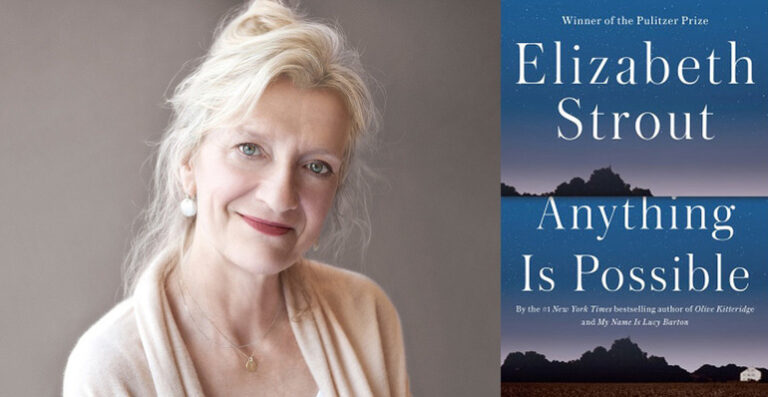
Why are rural communities so often the target of linked story collections?

Last weekend, I attended The Washington Ballet’s final event of the season, “Tudor, Ashton, World Premiere” at the Kennedy Center. The World Premiere—Kent’s first commission for The Washington Ballet—was timed with the Kennedy Center’s celebration of John F. Kennedy’s centennial.
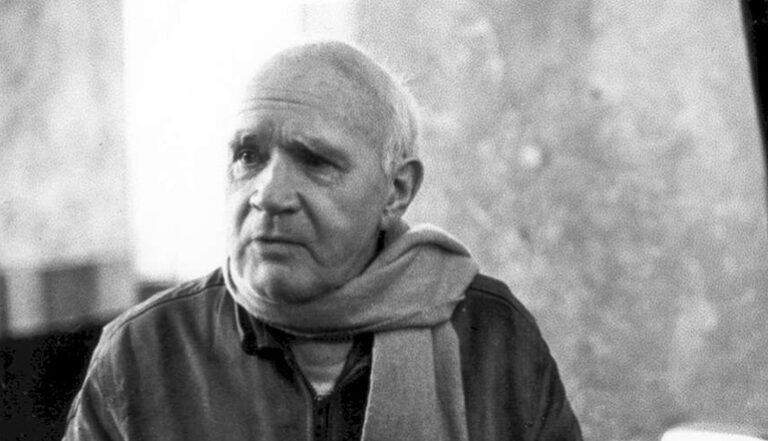
In 1941, in Paris’s Prison de la Santé, Jean Genet was given three days’ solitary confinement for writing. On sheets of paper he’d been given to make into bags, Genet had begun his first novel: Our Lady of the Flowers.
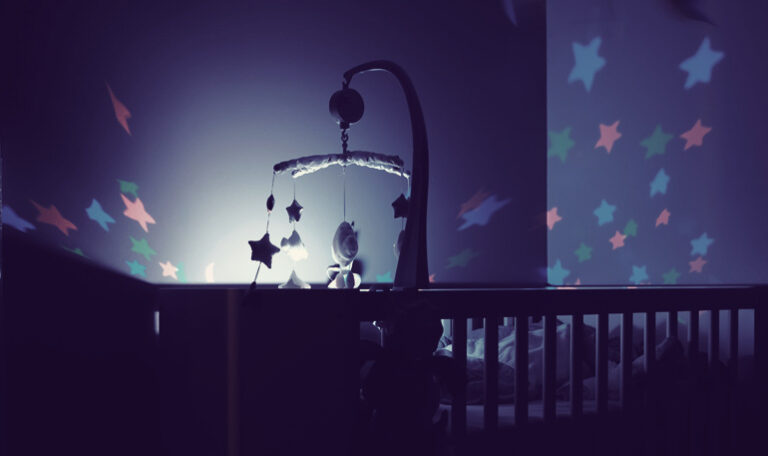
Ever since I was a young girl, I’ve been aware of my inability to maintain a daily journal. Upon the birth of my child, when my life was instantly transformed and everyone around urged me to savor it, this shortcoming became ever more pernicious.
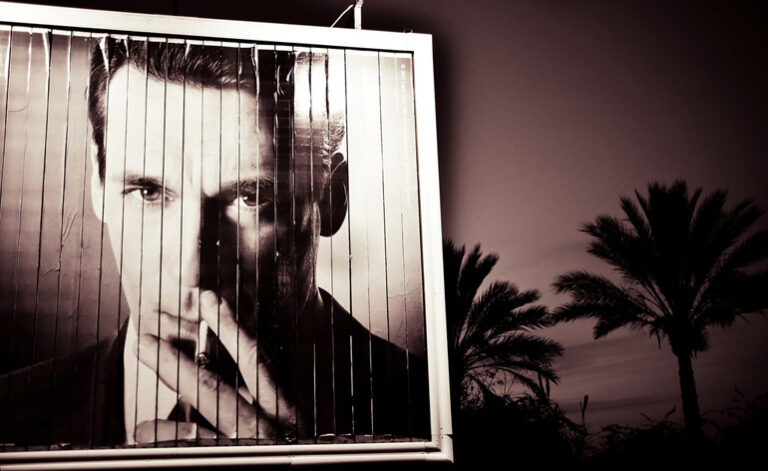
Mad Men was known for its liberal usage of literary allusions, most of which were exactly what you’d expect. But only one allusion lasted the entirety of a season: Dante’s Inferno.
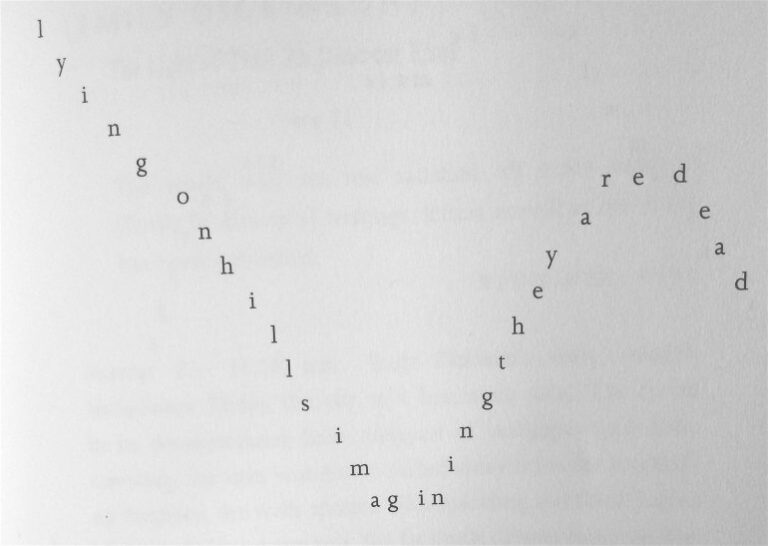
What is the goal of poetry? Is it to make music with language? To express feeling? To make an argument? It’s likely, for any given poet, to be at least one of these things—and possibly all.
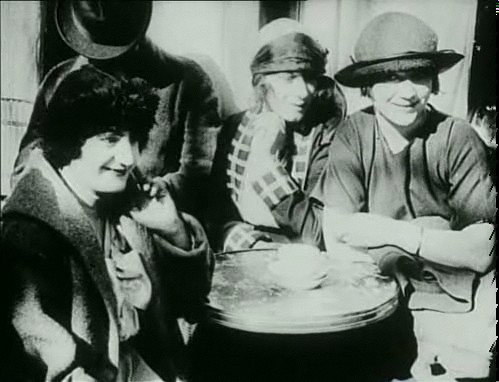
The generation straddled wars, genres, and identities, leaving behind the staid writing of Edwardians, or what Hemingway referred to as “broad lawns and narrow minds.” Gertrude Stein was their godmother, acting as both an artist and a supporter of the arts.

So much of the political news from the nation’s capital seems, these days, stranger than fiction.
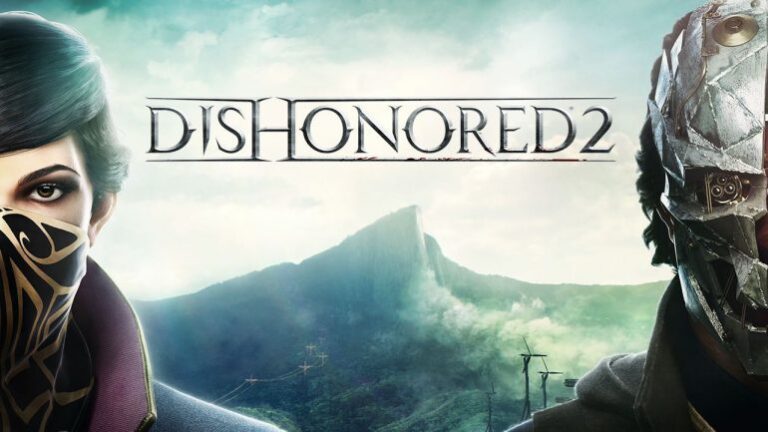
Much like its predecessor, Dishonored 2 is a steampunk revenge story painted in vintage graphic design tones combining genre conventions of sci-fi, supernatural fantasy, historical fiction, and action RPG into a stunning nine-chapter video game novella that is as gory and interactive as it is inventive and derivative.
No products in the cart.